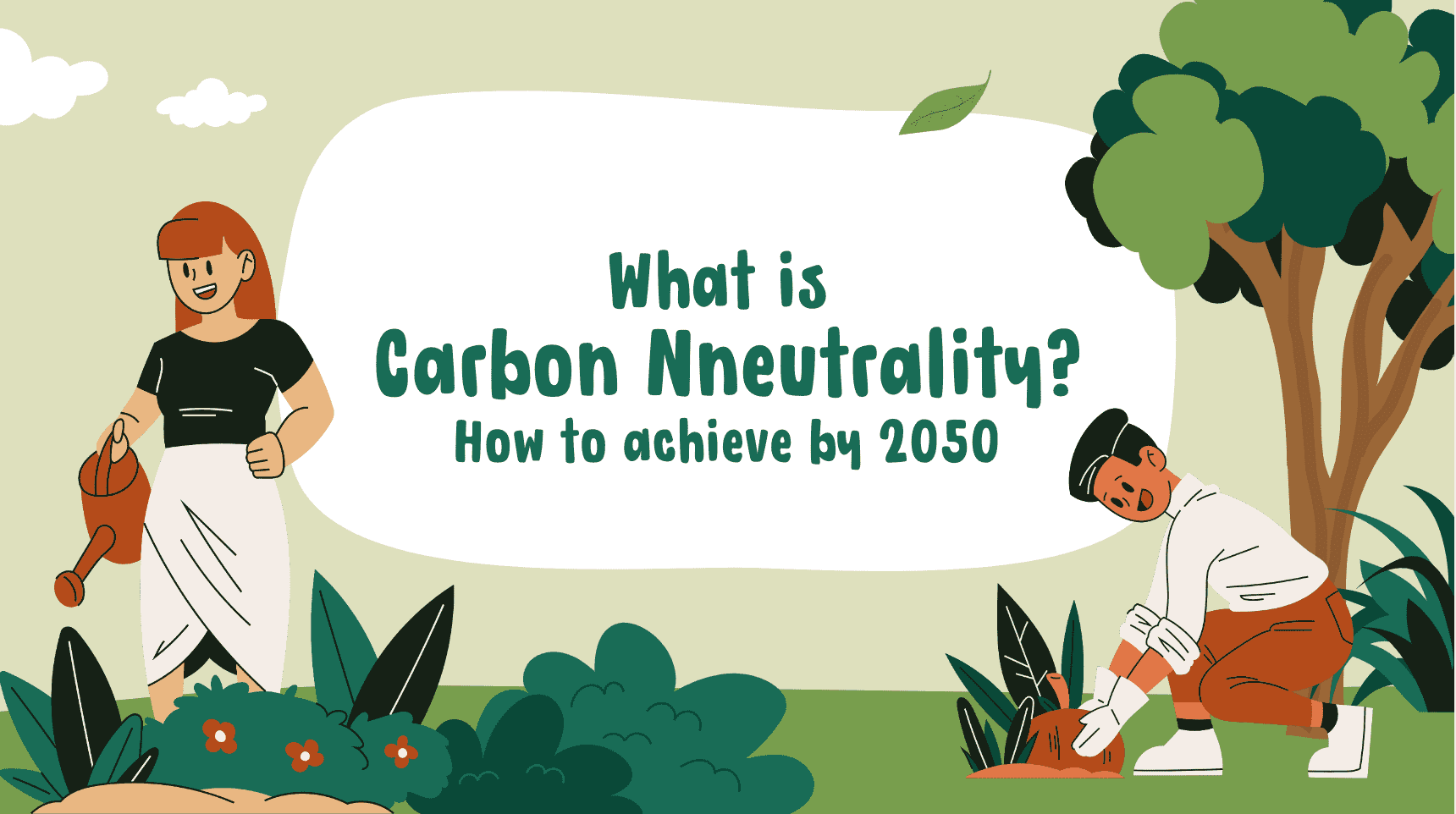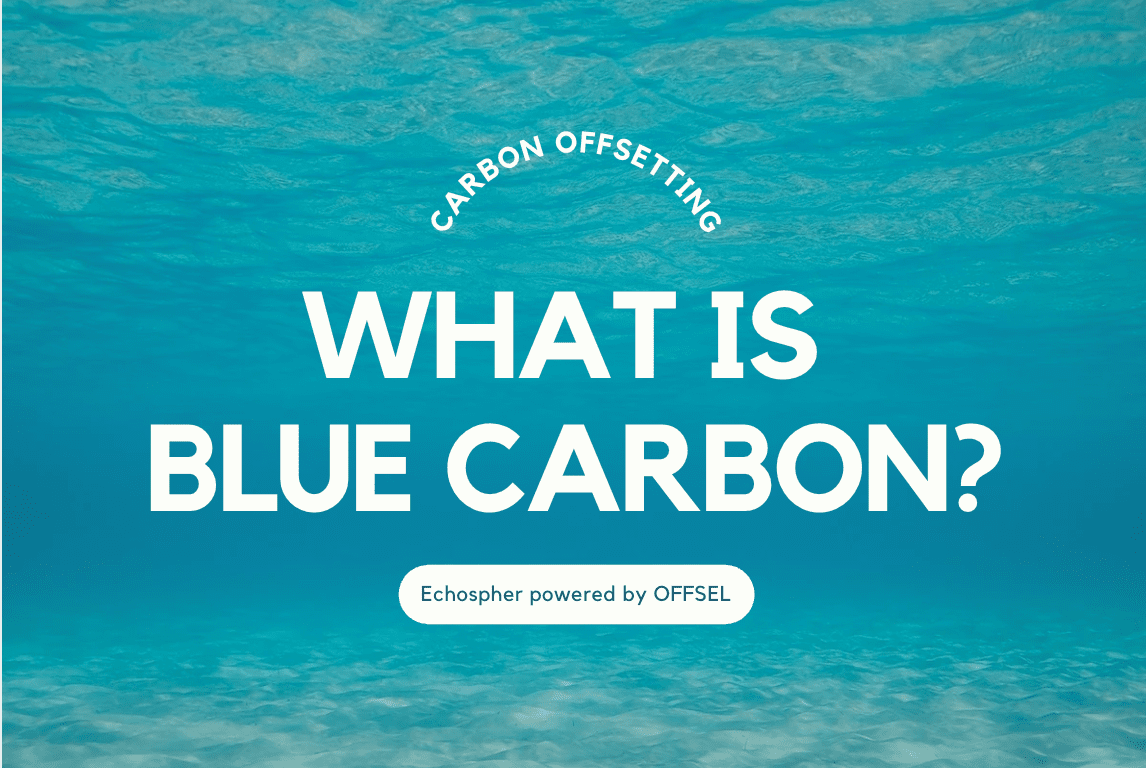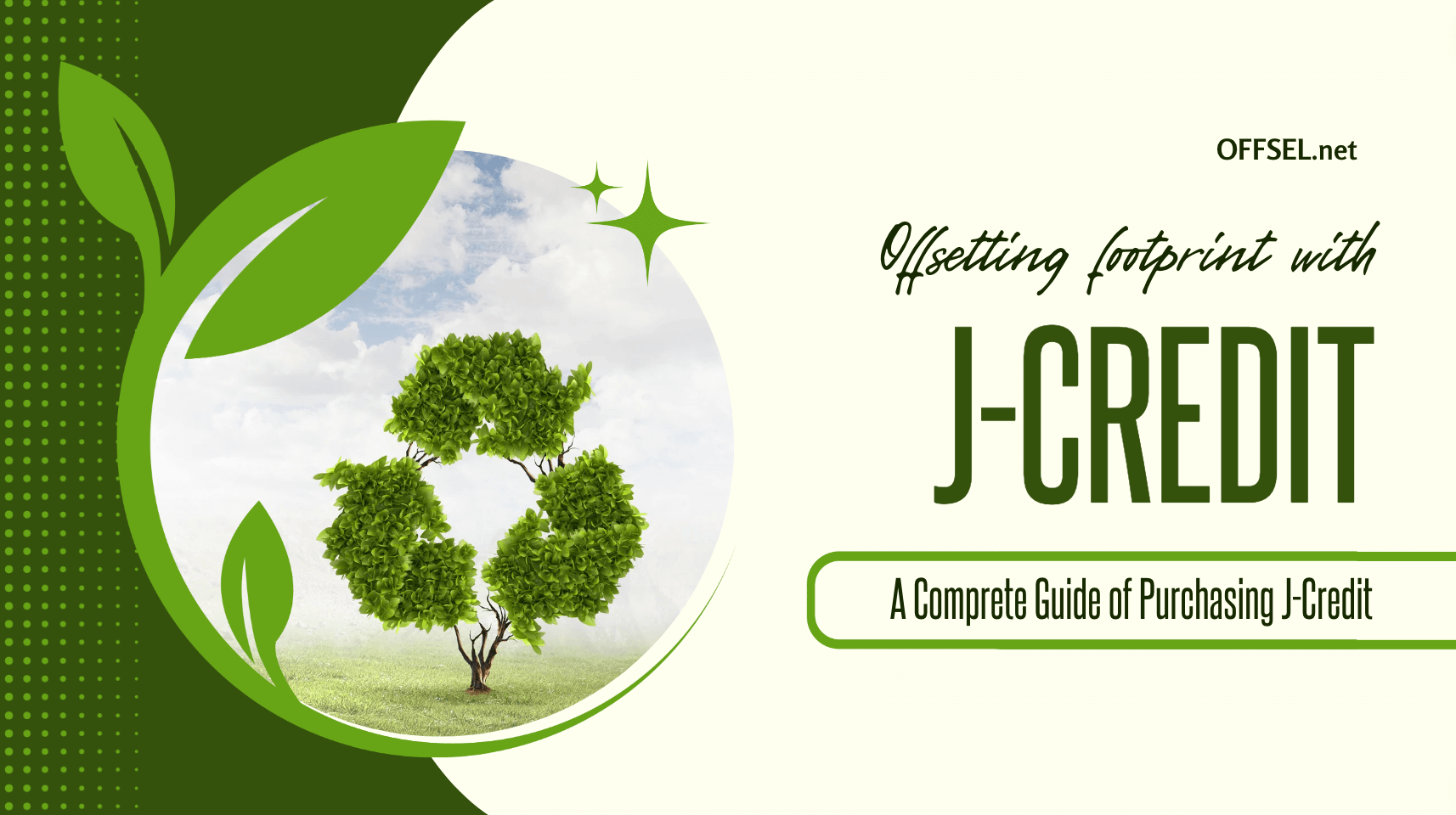What Is The Energy Mix? Definition And Current Situation Of The World
- CO2-reduction
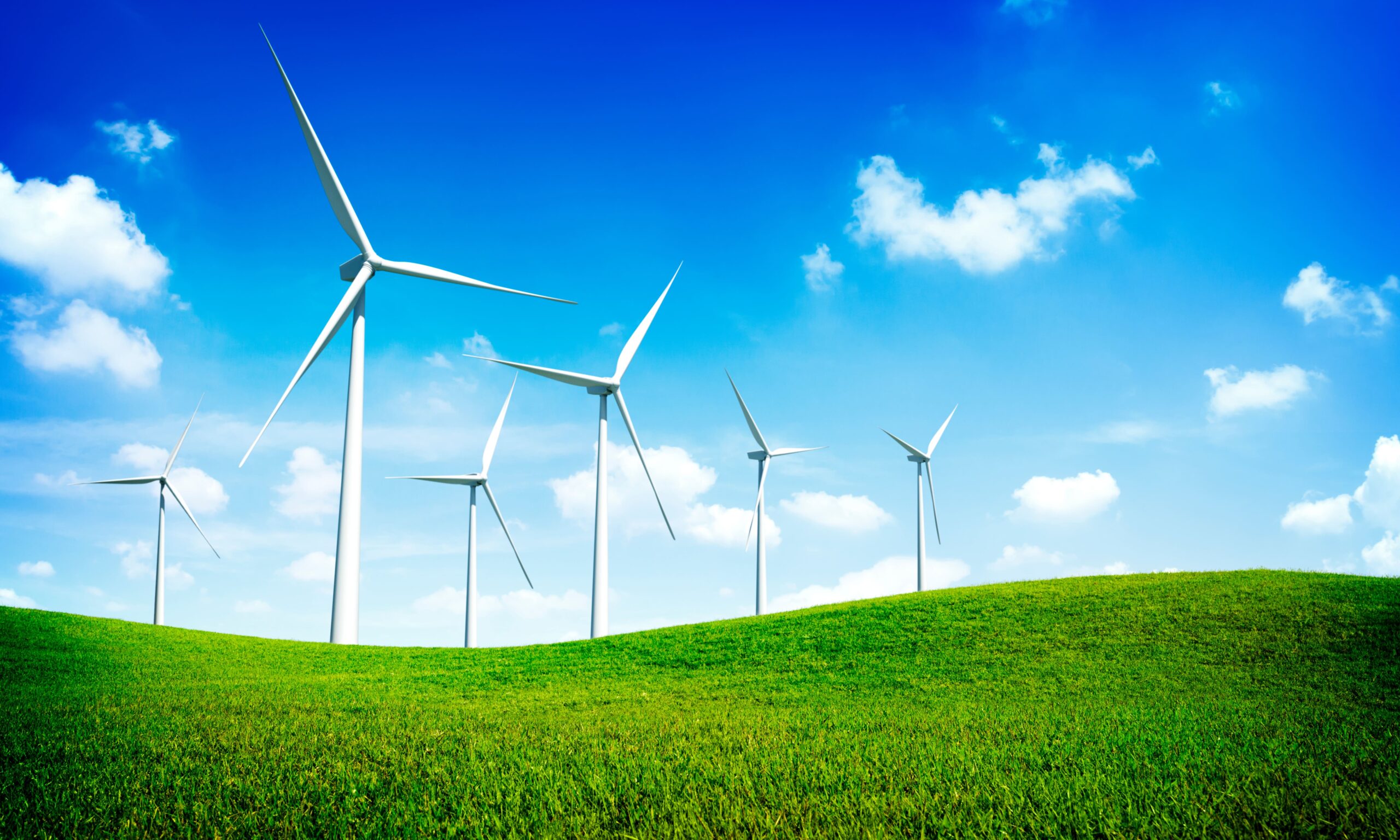
Table of Contents
What is the energy mix?
Energy mix refers to supplying electricity to an entire society by combining several types of power generation methods, including a balance of renewable and non-renewable energy resources. The ideal energy mix aims to reduce carbon footprint, ensure energy security, and maintain economic stability.
It is important to have energy mix especially for countries where energy sources are limited. Even countries rich in fossil fuels are advancing renewable energy development in anticipation of potential energy shortages when these fuels are depleted.
Global situation of the energy mix
Here is the situation of the transition in the energy mix composition.
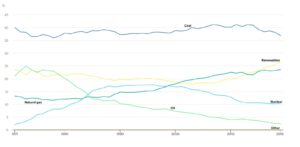
Source: IEA
A 2021 report by the International Energy Agency (IEA) introduced changes in power composition from 1971 to 2019.
The IEA report shows that the demand for fossil fuel energy has decreased and renewable energy has been a more popular option since SDGs was adopted in 2015.
What happened in major countries?
Europe and Canada are notable for a high proportion of renewable energy. Conversely, countries reliant on burning natural gas or coal are also prominent.
Natural gas, though cleaner compared to other fossil fuels, still raises concerns due to greenhouse gas emissions during extraction and increased CO2 from burning.
To seek the way to produce energy domestically, it is essential to consider “Energy Self-Sufficiency.” The ability to produce energy domestically is key in the future.
Energy situation in developing countries and regions
On the other hand, countries and regions without adequate power generation infrastructure face serious issues.
For instance, insufficient power supply limits daily activities like cooking, leading to household air pollution and other impacts.
Household air pollution
This refers to the lack of exhaust facilities when cooking with fire, resulting in smoke and exhaust gasses filling homes.
The IEA published the “Proportion of People with Access to Clean Cooking Environments in Asia and Africa (Bar Graph) and Estimated Early Deaths from Household Air Pollution (Dot Graph).”
IEA’s “Proportion of People with Access to Clean Cooking Environments in Asia and Africa and Estimated Early Deaths from Household Air Pollution”
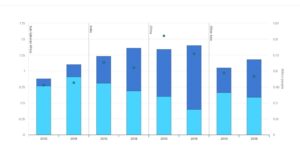 Source: IEA
Source: IEA
The graph shows Sub-Saharan Africa, India, China, and other Asian regions.
Bar Graph:
- Dark Blue = People with access to clean cooking environments
- Light Blue = People without access
Comparing the right graph (2018) with the left (2010), improvements are seen in most Asian countries, while in Sub-Saharan Africa, the proportion of people without access to clean environments increases with population growth.
In developing countries and regions, the immediate challenge is establishing infrastructure for power supply.
The world still faces unequal situations in this regard.
Advantages of the energy mix
Energy mix requires different types of power generation methods and they all have both positive and negative aspects.
Control over power generation (Stable Supply)
The greatest benefit of energy mix is that we can control power generation for stable supply.
When a single method is an only option, it might cause power outages or insufficient supply. However, having multiple methods allows for a quick switch to alternative energies if the primary source fails.
It is crucial to adopt energy mix as it can be replaced by the primary energy sources that increase greenhouse gasses. For countries reliant on importing energy resources, being able to maintain a stable power generation domestically is a significant advantage.
Reduction of greenhouse gases
Another key benefit is the reduction of greenhouse gasses. Greenhouse gasses affect global warming and cause extreme weather and climate change. Fossil energy is efficient and cost-effective. However, it causes a large amount of greenhouse gasses. If we switch the primary energy source to renewable energies, emissions of greenhouse gasses reduce.
It is a strategic approach to achieving energy mix when developing costs for renewable energies and maintaining secondary and tertiary methods happen at the same time.
Challenges of the energy mix
Although energy mix is an optimal solution to fight global warming, it has negative aspects and challenges as well. Let’s look at some frequently mentioned drawbacks.
CO2 emission by certain power generation methods
Some power generation methods within the mix emit CO2, a disadvantage.
Power generation by fossil fuels and nuclear power, particularly fossil fuel-based methods, produce high CO2 emissions. Even natural gas, considered the most eco-friendly among fossil fuels, increases CO2 during generation and emits greenhouse gasses during extraction.
For developing countries, whose primary energy source remains fossil fuel-based due to limited financial resources for promoting energy mix, the Paris Agreement encourages support for renewable energy development and promotion.
Dependence on fossil fuels and potential depletion
When fossil fuel energy is the only option, it causes the risk of future fuel depletion. Power supply becomes unstable if imports from producing countries are disrupted.
Further proliferation of renewable energy needed
Renewable energy is being developed and researched to become the future’s primary power source.
However, surpassing the power generation of fossil fuels requires further proliferation of renewable energy. It is challenging for both developed and developing countries as it would require a large budget.
Yet, this should not be seen merely as a loss or sacrifice but as a proactive step towards achieving stable and safe power supply.
Conclusion
We discussed the current situations with the energy mix and the renewable energy in the world including Japan.While many might use electricity casually in daily life, it’s made by consuming the Earth’s resources.
We should be aware of what resources are used and how electricity is made to seek the way for a sustainable future.
For an optimal power source composition, transitioning to renewable energy requires swift decisions and efforts from corporations and governments.
To achieve a sustainable future, let’s seek better options for energy and corporate together.
CONTACT US
Please feel free to contact us at anytime.
We will get back to you as soon as we
can!
Editor
OFFSEL Owned by Erevista Inc, OFFSEL is specializes in Environmental issues, especially in carbon neutrality. We primarily provide the latest information on environmental energy.


